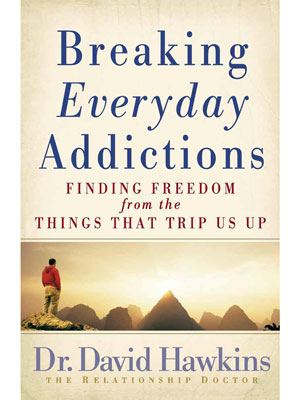
Therefore, physical withdrawal symptoms should not be at the core of our concerns about these substances. Physical dependence is not that important because, first, even the florid withdrawal symptoms of heroin and alcohol addiction can be managed with appropriate medications. Other aspects of addiction are far more important. From both clinical and policy perspectives, it does not matter much what physical withdrawal symptoms occur. psychological distinction is off the mark, and a distraction from the real issue. Three decades of scientific research, coupled with even longer clinical experience, has taught us that focusing on this physical vs.

Marijuana is a case in point here, and I will come back to it shortly. Indeed, people always seem relieved to hear that a substance "just" produces psychological addiction, or has only minimal physical withdrawal symptoms. The assumption that follows then is that the more dramatic the physical withdrawal symptoms, the more serious or dangerous the drug must be. This issue revolves around whether or not dramatic physical withdrawal symptoms occur when an individual stops taking the drug, what we in the field call "physical" dependence.


But what are we reacting to? Too often we focus on the wrong aspects of addiction so our efforts to deal with this difficult issue can be badly misguided.Īny discussion about psychoactive drugs, particularly drugs like nicotine and marijuana, inevitably moves to the question "but is it really addicting?" The conversation then shifts to the so-called types of addiction-whether the drug is "physically" or "psychologically" addicting. (NAPS)-The word "addiction" calls up many different images and strong emotions.


 0 kommentar(er)
0 kommentar(er)
